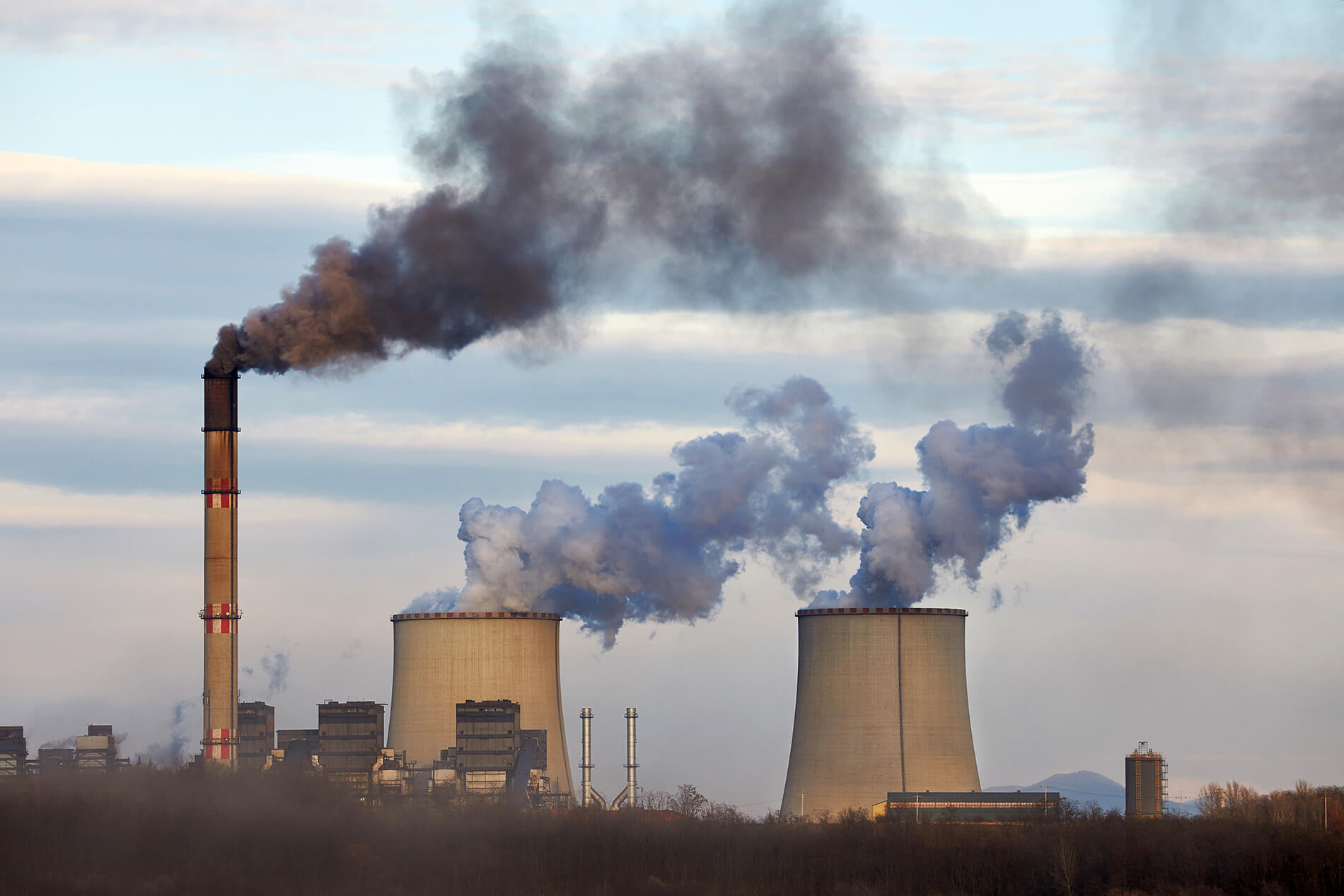For the first time almost 200 countries have agreed to what has been heralded a ‘landmark’ deal to transition away from fossil fuels, but for many this deal falls far short of what is needed for the most vulnerable to cope with worsening extreme weather conditions and heat.
The deal was struck at the COP 28 conference, held in the United Arab Emirates in December 2024, and has been described as ‘the beginning of the end’ of the fossil fuel era. However, critics have pointed out the many loopholes in the text of the deal and the lack of an explicit commitment to phase out or phase down fossil fuels.
Furthermore, countries from the global south and climate justice advocates claimed the text on climate emissions and finance did not go far enough to help the most vulnerable and even stated that the language of the text appeared to placate fossil fuel interests.
Key points of the deal:
• A requirement for a 43% emissions cut by 2030 and a 60% cut by 2035, relative to 2019 levels
• Global renewable energy to be tripled
• The rate of energy efficiency improvements to be doubled by 2030
• The establishment of a fund to help the most vulnerable repair the damage from climate breakdown
However, the final deal omitted a statement that global emissions should peak by 2025, following objections from some countries, while including wording considered to be in the interests of fossil fuels, such as ‘transition fuels’ and ‘carbon capture and utilisation and storage’.
The next COP29 conference is set to be held in Azerbaijan in November 2024.

